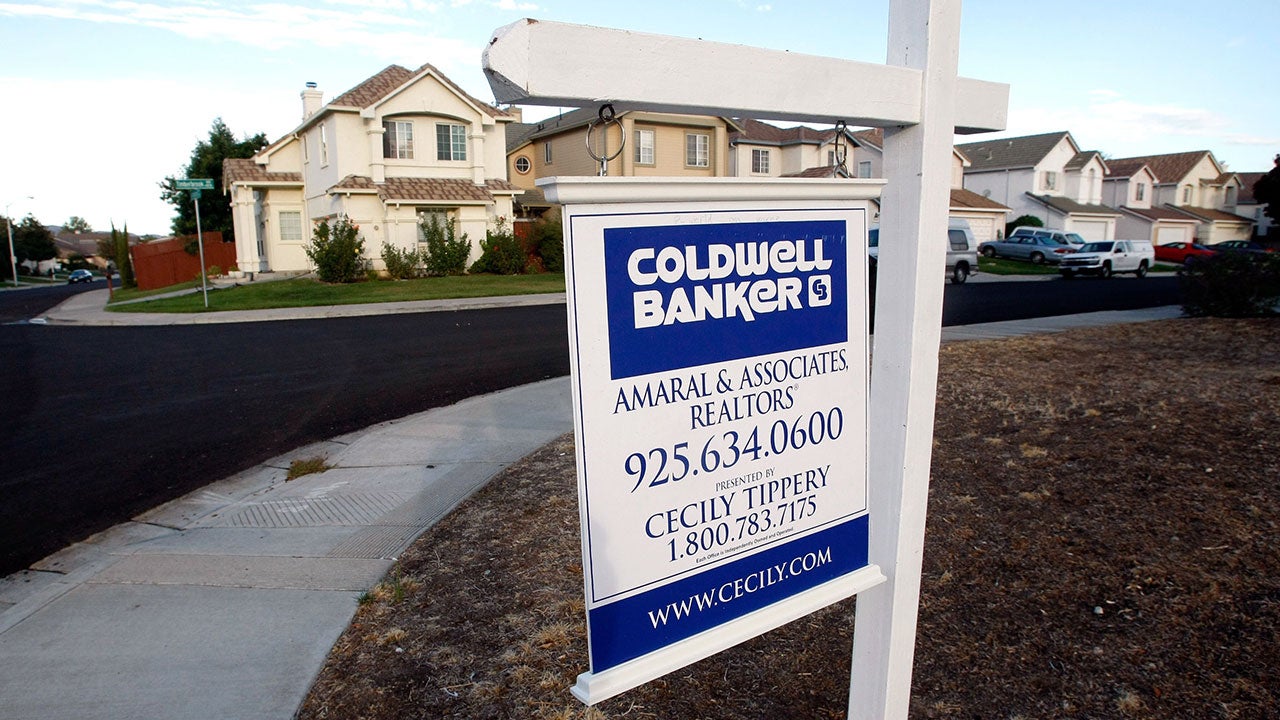
To become a licensed real estate agent in North Carolina, you first need to be licensed. Pre-licensing education classes are required in real estate principles and contracts. These classes can be taken online which allows you to have more flexibility. These classes last 75 hours.
You must have the following requirements to be a North Carolina real-estate agent
To become a North Caroline real estate agent, you will need to first be licensed as either a broker or a salesperson. You will need to take a pre-licensing course and pass a real estate licensing exam. After passing the exam you are eligible to associate with a brokerage in order to activate your license. This usually takes 10 to 30 days.
North Carolina's requirements for prospective agents include being 18 years old and a U.S citizen or qualified alien under federal law. They also require that they have a high school diploma. Prospective agents must also pass a licensing exam, and have minimum qualifications.

Steps to licensing
To be licensed in North Carolina as a real estate agent, you will need to complete at least 75 hours worth of approved real-estate education and pass an exam proctored or proctored from the state's Real Estate Commission. After completing the course you will need to apply to the commission and complete a criminal background investigation.
There will be many questions after you have decided to go into real estate. It's not as straightforward as you might think, but it's possible to succeed if your determination is strong. Whether you're a recent high school graduate, a mid-30s career changer, or an older professional who wants to supplement their income during retirement, there are a variety of paths to take.
Cost
North Carolinia charges $45.50 per calendar year to become an agent. You can pay the fee using VISA, MasterCard and Discover as well as American Express or Paypal. In addition to the license fee, a continuing education fee must be paid. You must also pass the real estate exam for $64, in order to retain your license.
Pre-licensing courses are required for anyone who wants to pass the real estate licensing exam. While the cost of pre-licensing classes varies from one state or another, most live classes for North Carolina students will be between $150 to $300. It is worth comparing costs before you make a decision on which school to attend. The class will usually provide you with all the study materials you will need, but you will have to pay for additional learning materials.

Finding a real estate agent
It is likely that you have many questions regarding the process of getting into real estate. North Carolina law requires real estate agents in the state to be licensed. This license requires that you have completed some training and passed a few tests. However, most agents pass the first time. This means that you need to make sure you do your research.
A good agent is an essential step in selling or buying a property. An agent who is knowledgeable and experienced can help you set your home apart from others and negotiate the most favorable deal. North Carolina's average rent is $1,020/month and 35% of residents rent their homes, so it is important to make your home stand out from other properties.
FAQ
What are the three most important factors when buying a house?
The three main factors in any home purchase are location, price, size. Location refers to where you want to live. Price refers the amount that you are willing and able to pay for the property. Size refers the area you need.
Do I need to rent or buy a condo?
If you plan to stay in your condo for only a short period of time, renting might be a good option. Renting allows you to avoid paying maintenance fees and other monthly charges. On the other hand, buying a condo gives you ownership rights to the unit. You are free to make use of the space as you wish.
How do I calculate my rate of interest?
Interest rates change daily based on market conditions. The average interest rate for the past week was 4.39%. Multiply the length of the loan by the interest rate to calculate the interest rate. For example: If you finance $200,000 over 20 year at 5% per annum, your interest rates are 0.05 x 20% 1% which equals ten base points.
Do I need a mortgage broker?
If you are looking for a competitive rate, consider using a mortgage broker. A broker works with multiple lenders to negotiate your behalf. Some brokers earn a commission from the lender. Before signing up, you should verify all fees associated with the broker.
Is it possible to sell a house fast?
It might be possible to sell your house quickly, if your goal is to move out within the next few month. There are some things to remember before you do this. First, you must find a buyer and make a contract. Second, prepare your property for sale. Third, you need to advertise your property. Finally, you should accept any offers made to your property.
How can I tell if my house has value?
If you have an asking price that's too low, it could be because your home isn't priced correctly. If your asking price is significantly below the market value, there might not be enough interest. You can use our free Home Value Report to learn more about the current market conditions.
Statistics
- When it came to buying a home in 2015, experts predicted that mortgage rates would surpass five percent, yet interest rates remained below four percent. (fortunebuilders.com)
- Private mortgage insurance may be required for conventional loans when the borrower puts less than 20% down.4 FHA loans are mortgage loans issued by private lenders and backed by the federal government. (investopedia.com)
- This seems to be a more popular trend as the U.S. Census Bureau reports the homeownership rate was around 65% last year. (fortunebuilders.com)
- Some experts hypothesize that rates will hit five percent by the second half of 2018, but there has been no official confirmation one way or the other. (fortunebuilders.com)
- 10 years ago, homeownership was nearly 70%. (fortunebuilders.com)
External Links
How To
How to Manage A Rental Property
Renting your home can be a great way to make extra money, but there's a lot to think about before you start. This article will help you decide whether you want to rent your house and provide tips for managing a rental property.
Here are some things you should know if you're thinking of renting your house.
-
What should I consider first? Take a look at your financial situation before you decide whether you want to rent your house. If you have outstanding debts like credit card bills or mortgage payment, you may find it difficult to pay someone else to stay in your home while that you're gone. Also, you should review your budget to see if there is enough money to pay your monthly expenses (rent and utilities, insurance, etc. This might be a waste of money.
-
How much is it to rent my home? The cost of renting your home depends on many factors. These factors include location, size, condition, features, season, and so forth. Remember that prices can vary depending on where your live so you shouldn't expect to receive the same rate anywhere. Rightmove shows that the median market price for renting one-bedroom flats in London is approximately PS1,400 per months. If you were to rent your entire house, this would mean that you would earn approximately PS2,800 per year. It's not bad but if your property is only let out part-time, it could be significantly lower.
-
Is it worth the risk? Doing something new always comes with risks, but if it brings in extra income, why wouldn't you try it? Before you sign anything, though, make sure you understand exactly what you're getting yourself into. It's not enough to be able to spend more time with your loved ones. You'll need to manage maintenance costs, repair and clean up the house. These are important issues to consider before you sign up.
-
Are there any benefits? It's clear that renting out your home is expensive. But, you want to look at the potential benefits. There are many reasons to rent your home. You can use it to pay off debt, buy a holiday, save for a rainy-day, or simply to have a break. No matter what your choice, renting is likely to be more rewarding than working every single day. If you plan ahead, rent could be your full-time job.
-
How can I find tenants? Once you've made the decision that you want your property to be rented out, you must advertise it correctly. Make sure to list your property online via websites such as Rightmove. You will need to interview potential tenants once they contact you. This will allow you to assess their suitability, and make sure they are financially sound enough to move into your house.
-
How can I make sure I'm covered? You should make sure your home is fully insured against theft, fire, and damage. Your landlord will require you to insure your house. You can also do this directly with an insurance company. Your landlord may require that you add them to your additional insured. This will cover any damage to your home while you are not there. This doesn't apply to if you live abroad or if the landlord isn’t registered with UK insurances. In such cases, you will need to register for an international insurance company.
-
Sometimes it can feel as though you don’t have the money to spend all day looking at tenants, especially if there are no other jobs. However, it is important that you advertise your property in the best way possible. Make sure you have a professional looking website. Also, make sure to post your ads online. A complete application form will be required and references must be provided. Some people prefer to do everything themselves while others hire agents who will take care of all the details. Either way, you'll need to be prepared to answer questions during interviews.
-
What happens after I find my tenant?After you've found a suitable tenant, you'll need to agree on terms. You will need to notify your tenant about any changes you make, such as changing moving dates, if you have a lease. Otherwise, you can negotiate the length of stay, deposit, and other details. Keep in mind that you will still be responsible for paying utilities and other costs once your tenancy ends.
-
How do I collect the rent? When the time comes for you to collect the rent you need to make sure that your tenant has been paying their rent. If they haven't, remind them. Any outstanding rents can be deducted from future rents, before you send them a final bill. If you are having difficulty finding your tenant, you can always contact the police. The police won't ordinarily evict unless there's been breach of contract. If necessary, they may issue a warrant.
-
How can I avoid potential problems? Although renting your home is a lucrative venture, it is also important to be safe. Consider installing security cameras and smoke alarms. Also, make sure you check with your neighbors to see if they allow you to leave your home unlocked at night. You also need adequate insurance. You should never allow strangers into your home, no matter how they claim to be moving in.